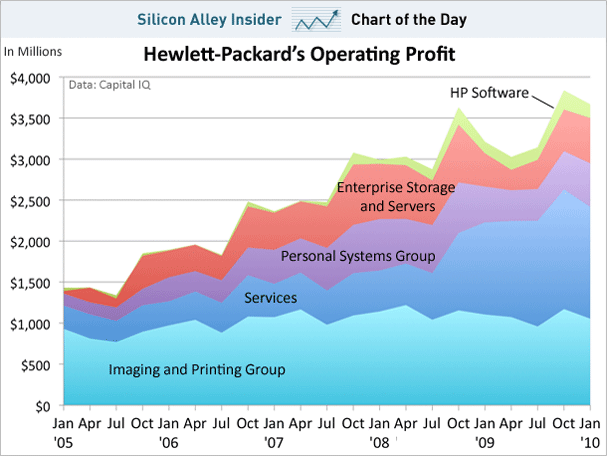 As a sign of the times, two household names with extensive product portfolios that nominally support UC (Unified Communications) join forces – if not product lines – to bring solutions to the marketplace. HP has formed a 3-year strategic alliance with communications infrastructure provider Avaya which will, in effect, make it easier to combine Avaya’s Aura-based infrastructure with HP’s Unified Communications & Collaboration (UC&C) services portfolio.
As a sign of the times, two household names with extensive product portfolios that nominally support UC (Unified Communications) join forces – if not product lines – to bring solutions to the marketplace. HP has formed a 3-year strategic alliance with communications infrastructure provider Avaya which will, in effect, make it easier to combine Avaya’s Aura-based infrastructure with HP’s Unified Communications & Collaboration (UC&C) services portfolio.
Lest you think this will only add more confusion to the already amorphous market for UC products, consider that it truly plays to HP’s strength. As illustrated in the chart below, the IT giant’s revenues from software and professional services are eclipsing those from printing, imaging, storage, servers and personal systems combined, making it a system integration powerhouse. As we approach the two-year anniversary of the acquisition of EDS, it is bold acknowledgment that HP is ready to apply its considerable expertise and experience with Avaya infrastructure to help smooth over many of the bumps and fill in the gaps as they apply the principles of UC in inherently multi-vendor, non-homogeneous environments.
The deal brings Avaya a partner that can provide a number of service delivery options for its core call processing and contact center technologies. HP has the potential to ease the potentially painful transition from those rock-solid, fully-depreciated, PSTN-friendsly Definity ACDs over to the more future-proof SIP-friendly world of Aura. The move looks so seamless on a project plan, but there are only a handful of system integrators that can work with customers to orchestrate the transition as a managed service encompassing resources around the globe, both on premises and “in the cloud.”
This press release provides more color on the agreement between the two firms. It clearly emphasizes such capabilities as life-cycle management and support that HP brings to multi-vendor environments that are ripe for Avaya Aura. It is clearly a professional and managed services play that also serves the purpose of helping Avaya maintain its presence in enterprise IT environments where the move to IP-telephony is an open invitation for competition from Cisco, Huawei, Alcatel-Lucent and others.
Categories: Articles


 2025 Conversational AI Intelliview: Decision-Makers Guide to Self-Service & Enterprise Intelligent Assistants
2025 Conversational AI Intelliview: Decision-Makers Guide to Self-Service & Enterprise Intelligent Assistants  Why Is ElevenLabs Building a Conversational AI Stack?
Why Is ElevenLabs Building a Conversational AI Stack?  Talk to the Web: How NLWeb Opens Conversational Access to Site Content
Talk to the Web: How NLWeb Opens Conversational Access to Site Content  Battling ‘Botenfreude’: The Power of People and Policy
Battling ‘Botenfreude’: The Power of People and Policy